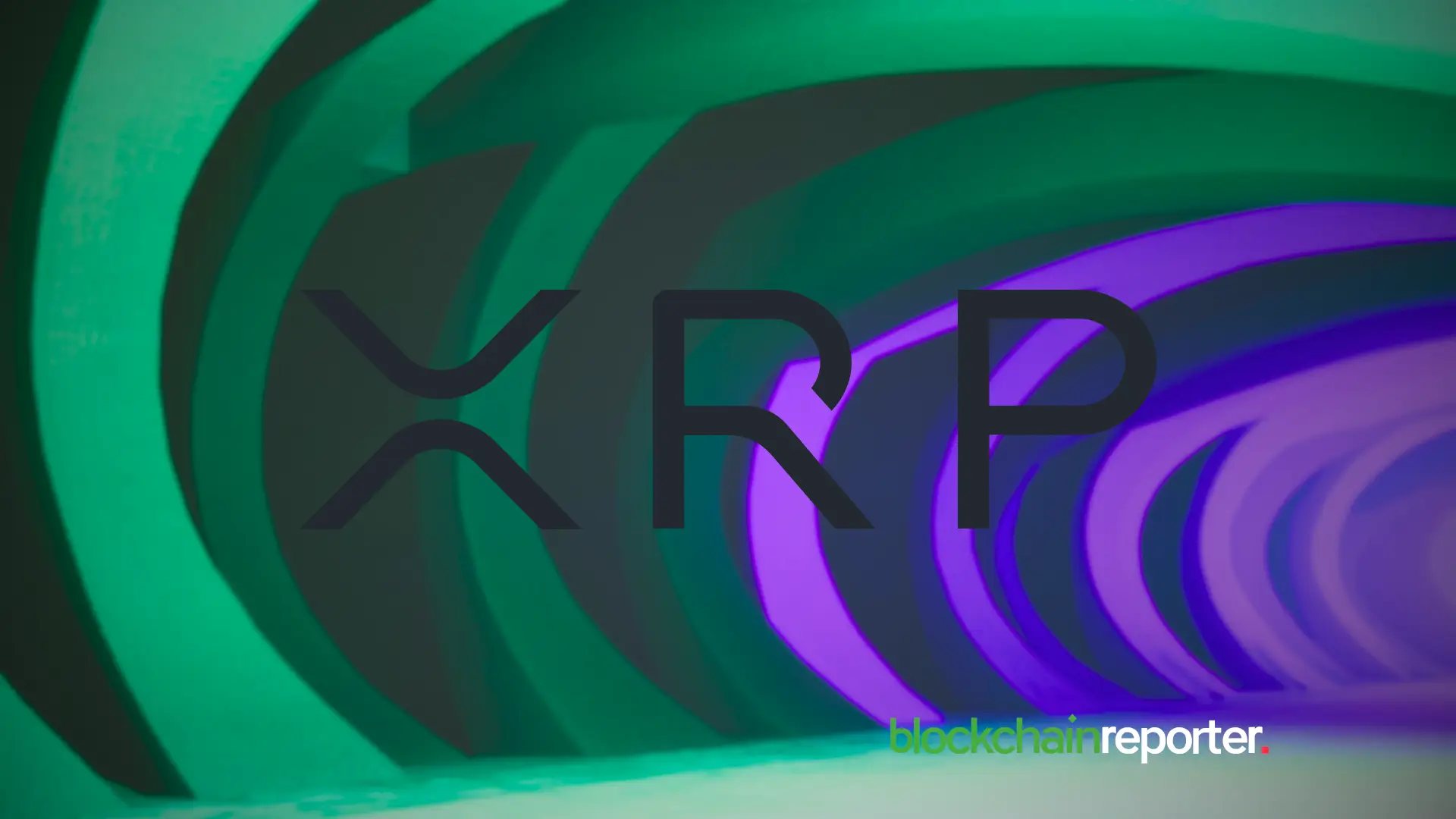
- XRP Ledger Foundation reveals new strategy to enhance decentralization and accountability.
- Apex 2025 marks shift in XRPL governance, tooling, and long-term infrastructure goals.
- Ripple’s legal history ends with $125M fine, SEC drops appeal in 2025.
The XRP Ledger Foundation is undergoing a major transition. It has announced the beginning of a new phase aimed at strengthening the XRP Ledger’s infrastructure, decentralization, and community support. During the Apex 2025 event, members of the Foundation’s new board, including XRPL Commons’ David Bchiri, outlined a renewed mission to maintain operational integrity and transparency across the network.
The updated vision reflects the growing needs of a maturing ecosystem and redefines the Foundation’s responsibilities in managing the protocol’s ongoing development and governance.
The original XRP Ledger Foundation, launched in September 2020, was established to support the protocol’s growth and adoption. Backed by $6.5 million from three native projects, it focused on upgrading the ledger’s infrastructure and created the XRP Community Fund to promote adoption among users and developers. This early phase prioritized validator coordination, independence, and basic ecosystem stewardship.
At Apex 2025, Foundation representatives explained that these initial priorities have expanded. The current leadership emphasized the need for strong governance structures, transparent tooling, and long-term infrastructure maintenance. The updated strategy also underscores the importance of holding key actors accountable in sustaining the ledger’s performance and openness.
Ripple’s Legal History and Structural Legacy
The XRP Ledger traces its roots to 2012 when it was created by software engineers David Schwartz, Jed McCaleb, and Arthur Britto. The project initially operated under different names, Newcoin, Opencoin, and later Ripple Labs , before becoming Ripple in 2015. These early foundations laid the groundwork for what would later become a decentralized ledger used in various financial applications.
Ripple has also been involved in several legal proceedings. In 2018, investor Ryan Coffey filed a suit claiming Ripple’s sale of XRP violated U.S. securities laws. A California court dismissed that case. More significantly, in December 2020, the U.S. Securities and Exchange Commission (SEC) sued Ripple to classify XRP as a security.
In August 2024, a New York court determined XRP was not a security in programmatic sales but institutional sales were illegal. Ripple was penalized 125 million dollars. In March of the year 2025, the SEC abandoned an appeal to the decision.
The XRP Ledger Foundation has established a new course that aims to make the network functional and reliable to everyone. Apex 2025 leaders indicated that infrastructure improvements and clear governance processes are the main priorities, prioritizing the developer and validator experiences with the ledger every day.






